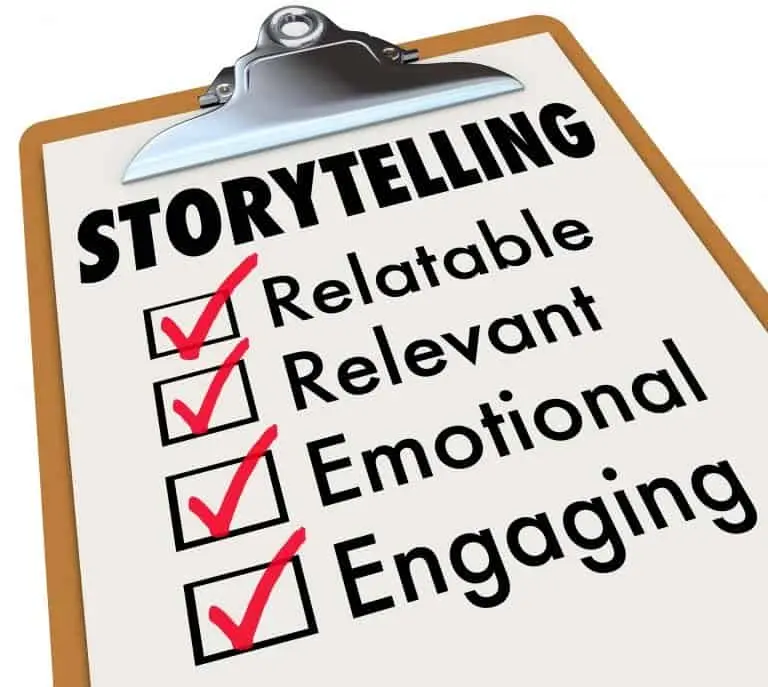A guest post in honor of International Women’s Day
When Maria da Penha woke up in a pool of her own blood, the last thing on her mind was telling a story that would change the law across the entire country of Brazil.
Decades later, that’s exactly what she would do.
Maria had awakened to find her husband holding the gun whose bullet would leave her paraplegic. The night she was shot, she’d already endured years of abuse and, unfortunately, would suffer years more. The police, while aware of her injuries, believed her husband’s lies and always left without arresting him. At the time, it was still considered acceptable to murder one’s wife in the name of being “dishonored.”
That time was the late 1990s.
After Maria survived two attempts by her husband to murder her, she overcame the fear of disapproval by her family, the debilitating effects of isolation, and the lack of legal recourse and fled.
Maria’s personal story sparked a campaign for change that reached the highest levels of government. In August 2006, upon hearing her story, President Luiz Inácio Lula da Silva signed the Maria da Penha Law to recognize multiple forms of abuse against women, increase punishment of perpetrators, and establish resources to help those suffering abuse.
That is the power of story.
But one story told by one voice isn’t enough if no one listens to that voice. As the podcast Hidden Brain recently outlined in an episode called “Why Now?,” numerous women spoke out against sexual harassment and assault in the 1990s, yet didn’t have the #MeToo and #TimesUp impact we are seeing today. Instead, a culture of silence – and silencing – prevailed and the little action occasionally taken to address problems did not reach the underlying causes.
For a story to impact laws and policies, it must be heard by those with the power to create a solution. For that to happen, a story may need to be told in many ways by many people so that those in power will hear – and understand. Willingness to amplify a story, including by sharing one’s own, requires “social proof,” meaning evidence that the effort to call for change will not be in vain.
Thankfully, we are seeing today the power that many people telling a story can generate. We are seeing women – and men – speaking out for equality in greater numbers, which exponentially increases the odds that those with the power to enact change will hear them.
For Women’s History Month, p.h. balanced films developed a series about women changemakers like Maria who have successfully changed policy, including with the power of story. On our social media platforms, we’re highlighting examples ranging from the late 1800s in New Zealand to this year in Washington, DC. Today, International Women’s Day, we simultaneously celebrate progress around the world toward respect for everyone regardless of gender even as we call on more people to #PressForProgress to address inequalities that remain.
For example, according to the United Nations, wage inequality is a global problem; in most countries, women earn only 60 to 75 percent of a man’s salary. Caregiving remains an undervalued responsibility that women disproportionately shoulder; on average, women spend up to 3 more hours a day on housework than men and up to 10 times the number of hours caring for children, elderly, and the infirm. A survey released last month by Stop Street Harassment revealed that 81% of women and 43% of men across the United States reported experiencing sexual harassment or assault at some point of their lives.
We find also disturbing discrepancies when it comes to telling stories that shape cultures. With the Oscars only days behind us, Kathryn Bigelow remains the only woman director to ever be recognized as Best Director. The number of women directors of each year’s 250 highest grossing films hasn’t changed in two decades even as an increasing number of women direct well-received content for a variety of audiences. The main cause is lack of funding; as the Hollywood Reporter found, women receive less than half of the budgets given to men to direct a film.
While examples of unfair and unequal treatment based on gender are abundant, so too is the desire for change. A growing number of people are sharing their own stories and amplifying others. They are calling for change in the world while realizing change in their own lives – and seeing tangible, positive impacts as a result.
Everyone can – and should – be part of the world’s progress toward equality. This International Women’s Day, I encourage you to reflect on your role in the #PressForProgress. Consider raising awareness by posting about the #PressForProgress on social media. Think about how women are treated in your house, your office, and your community. Reflect on the language you use – should men clean the house and care for children because it is their shared responsibility, not just to “help” their wives or “babysit” their own children? Learn more about the people who make the laws and policies that impact you. If they don’t reflect your values and priorities, engage in changing that – perhaps by running for office yourself. Support the organizations that support women change makers, by donating your time, talents, or money – or all three.
You don’t have to endure the nightmare that Maria did in order to be part of the #PressForProgress. Working together, being the change ourselves while also connecting stories that exemplify the need for change with the people who have the power to make change a reality, we will progress toward respect for all. We will see that stories power change and stories change power – all toward the goal of a more just world for everyone.
Filmmaker and visual advocacy storyteller, Piper Hendricks has worked for years in advocacy communications. Prior to starting p.h. balanced films, she was the director of advocacy communications with Habitat for Humanity.


